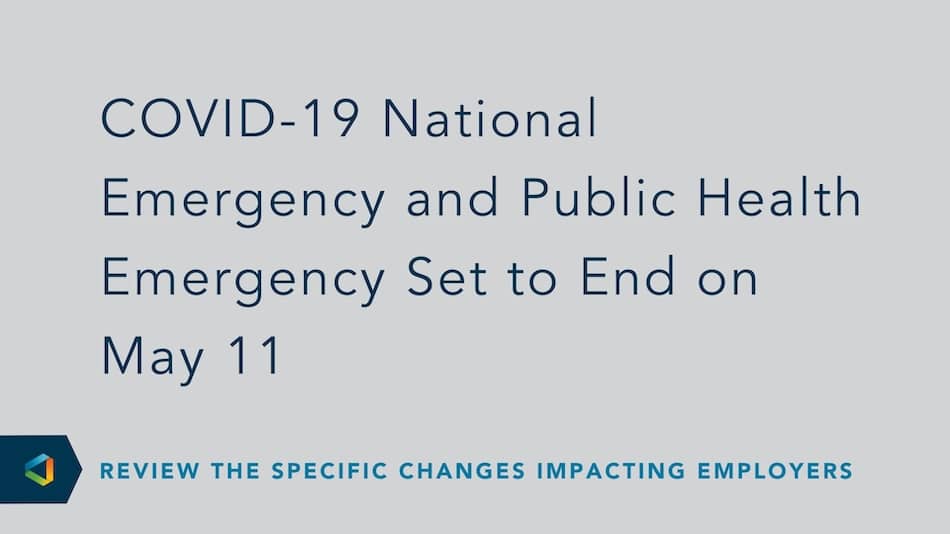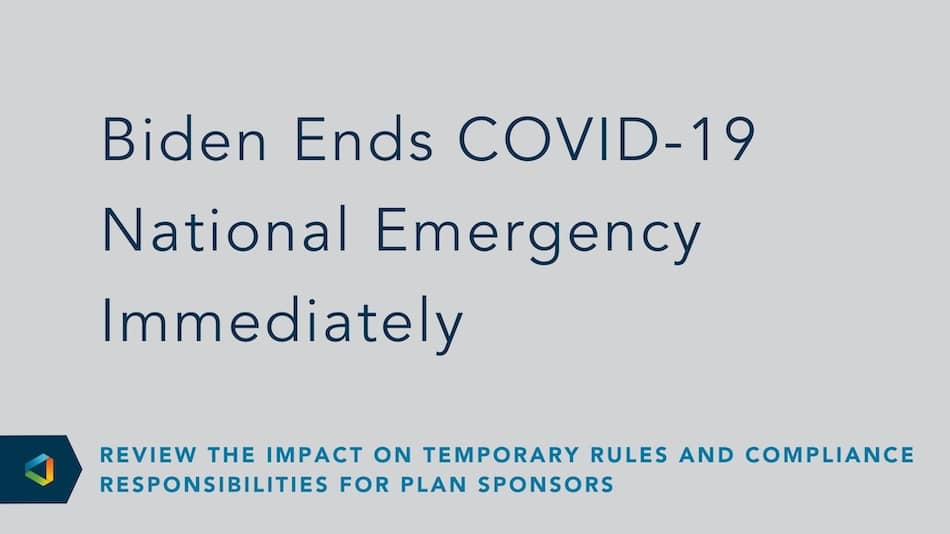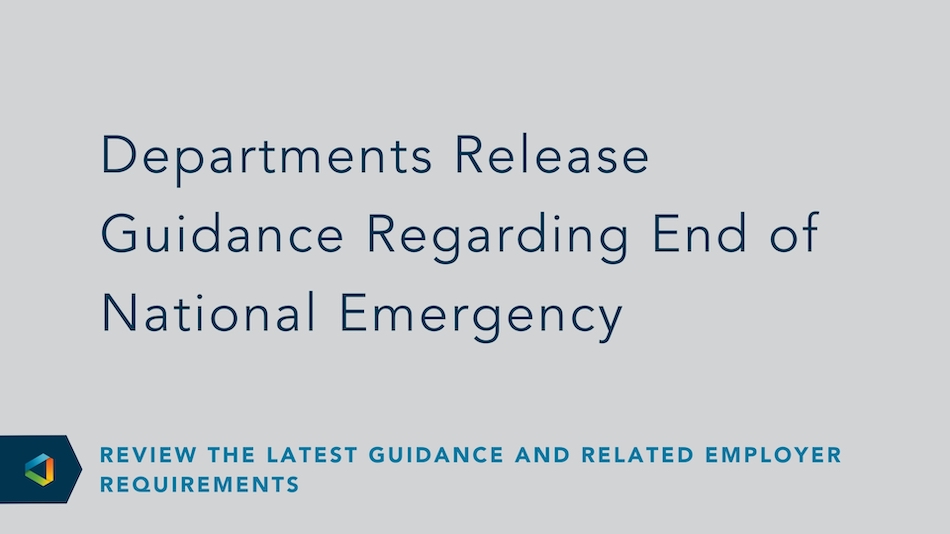Better Benefits, Lower Costs
What Employers Need to Know About the COVID-19 Vaccine Landscape
What Employers Need to Know About the COVID-19 Vaccine Landscape
The long-awaited news is finally here. On Friday, the Food and Drug Administration provided emergency use authorization of the country’s first COVID-19 vaccine.
On Saturday, the CDC’s Advisory Committee on Immunization Practices, or ACIP, voted to recommend the vaccine. The approvals provide a glimmer of hope to ending the pandemic, however, it is not free from questions or concerns. Here is an overview of what is known and what you need to know regarding the COVID-19 vaccine landscape.
As of Friday, December 11th, the coronavirus vaccine produced by Pfizer has been granted emergency use authorization. The vaccine has been authorized for individuals 16 years and older. Initial batches will be shipped within 24 hours and most likely, doses will begin over the next few days. With regard to where these will be administered, the Pfizer vaccine has ultra-cold temperature requirements – that of dry ice – that will pose challenges for physicians’ offices and pharmacies. The Pfizer vaccine is stable at normal freezer temperatures for up to five days.
Undoubtedly there will be a shortage, but Pfizer has claimed that they will be able to supply as many as 50 million doses by the end of 2020 and another 1.3 billion next year. A second vaccine candidate, produced by Moderna, will be considered by the FDA later this month.
The Pfizer vaccines boasts greater than 90% effectiveness with two doses given 21 days apart. Clinical studies have not proven how long the COVID-19 protection will last. The FDA has stated partial protection found after two weeks of receiving the initial dose. The most common reported side effects were injection site pain, fatigue, headache, chills and muscle aches. These side effects were reported after either dose, but more commonly after the second dose. The ACIP has already provided considerations in which groups should be prioritized to receive the COVID-19 vaccine: healthcare personnel, essential workers, elderly and people at high risk for severe COVID-19 illness due to underlying medical conditions.
The federal government will cover the cost of the Pfizer vaccine with funding provided by the Coronavirus Aid, Relief, and Economic Security (CARES) Act, however, fully insured and self-insured plans will still be subject to administrative fees charged by providers.
There is no timetable for how long the funding will last. As referenced by the Kaiser Family Foundation, “the CARES Act does require that employer-sponsored and individual health plans subject to the ACA’s preventative services standards cover a coronavirus vaccine without cost sharing 15 days after it is recommended by ACIP… During the public health emergency, private health insurance plans will be required to cover all the costs of a COVID-19 vaccine even if an out-of-network provider administers it.”
For additional resources and guidance related to the vaccine and the COVID-19 pandemic, visit OneDigital’s Coronavirus Advisory Hub.
This document contains up-to-date information at the time it was issued. The information is subject to changes as new information becomes available. The Content is not intended to be a substitute for professional medical advice, diagnosis, or treatment. Always seek the advice of your physician or other qualified health provider with any questions you may have regarding a medical condition.




